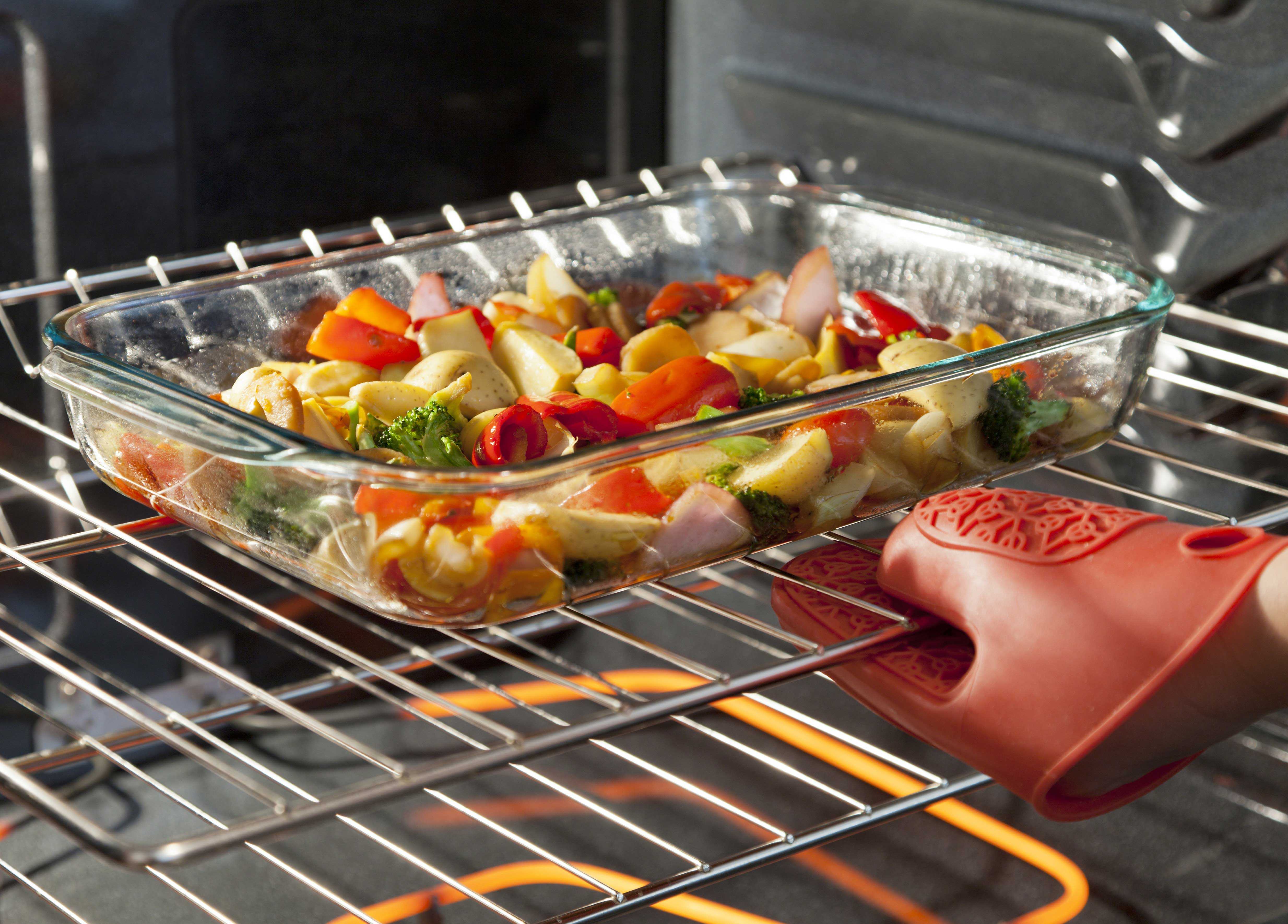How to Cook Healthy Food to Retain Nutrients

Why is it Important to Cook Healthy Food?
Cooking healthy food is important because it provides the necessary nutrients for our body to function properly. Nutrients such as vitamins, minerals, and antioxidants are essential for maintaining a healthy body and preventing diseases. When we cook food, we need to ensure that we are not destroying these nutrients in the process.
How to Cook Healthy Food to Retain Nutrients
1. Use the Right Cooking Method
The cooking method that you use can greatly affect the nutritional value of your food. Some cooking methods, such as boiling and steaming, are better at retaining nutrients than others, such as frying and grilling. When cooking vegetables, it's best to steam or sauté them instead of boiling them, as boiling can cause the nutrients to leach out into the water.
2. Choose Fresh Ingredients
Fresh ingredients are packed with nutrients, and cooking them properly can help retain those nutrients. When buying fruits and vegetables, choose those that are in season and locally grown. These are usually fresher and contain more nutrients than those that have been shipped from far away.
3. Don't Overcook Food
Overcooking food can cause the loss of nutrients, so it's important to cook food just enough to make it palatable. Vegetables should be cooked until they are tender but still firm, while meat should be cooked until it's no longer pink in the middle.
4. Use the Right Cooking Oil
Cooking oils can also affect the nutritional value of your food. Some oils, such as olive oil and coconut oil, are healthier than others, such as vegetable oil and canola oil. When cooking, choose oils that are high in unsaturated fats and low in saturated fats.
The Benefits and Drawbacks of Cooking Healthy Food
Benefits
- Provides essential nutrients for a healthy body
- Helps prevent diseases
- Improves overall health and wellbeing
- Can be delicious and satisfying
Drawbacks
- Can be time-consuming
- Requires planning and preparation
- May be more expensive than processed or fast food
Conclusion
Cooking healthy food is essential for maintaining a healthy body and preventing diseases. By using the right cooking methods, choosing fresh ingredients, not overcooking food, and using the right cooking oil, you can ensure that your food retains its nutrients. While there may be some drawbacks to cooking healthy food, the benefits far outweigh them.
FAQs
1. What are the best cooking methods for retaining nutrients?
The best cooking methods for retaining nutrients are boiling, steaming, and sautéing. These methods help to retain the vitamins and minerals in food.
2. What oils are best for cooking healthy food?
The best oils for cooking healthy food are those that are high in unsaturated fats and low in saturated fats. Olive oil and coconut oil are good choices.
3. Should I buy organic produce?
Organic produce is grown without the use of synthetic pesticides and fertilizers, which can be harmful to the environment and human health. While it may be more expensive, it's worth it if you can afford it.
4. Can I still eat my favorite foods if I want to cook healthy?
Yes, you can still eat your favorite foods if you want to cook healthy. Just make sure that you're using healthy ingredients and cooking methods, and eat them in moderation.
